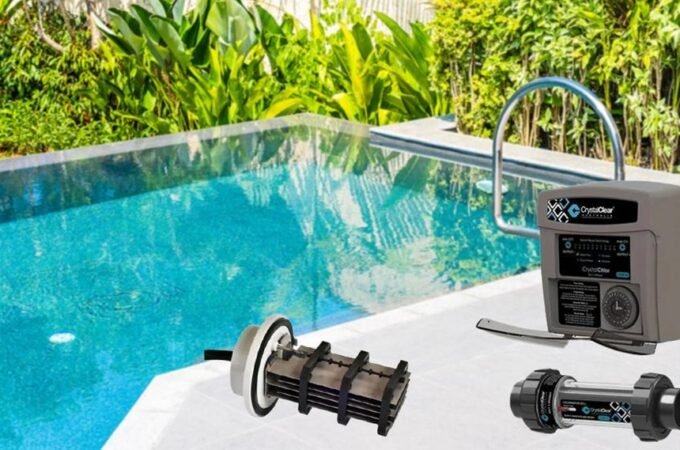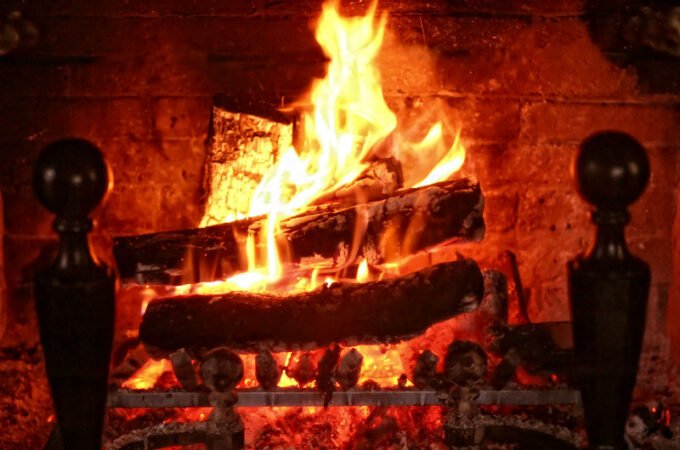
6 Ways to Make Your Home More Energy Efficient
It is always a good idea to look into making your home more energy efficient. Energy efficiency is based on the amount of gas electric and water your home uses. Your home’s energy performance matters for multiple reasons.
First of all, a more efficient home means that you will be using less energy for your home to perform its daily functions, such as running its lights and appliances, as well as maintaining a comfortable temperature. Using less energy results in lower utility bills. Using less energy can also lessen your environmental impact, which is something we should all look to do more.
Read on to learn some great tips for making your home more energy efficient.
Table of Contents
ToggleUpgrade to High Efficiency Appliances
Larger appliances such as washers, dryers, dishwashers, stoves and refrigerators are the most serious offenders when it comes to wasting energy. Replacing old or run down appliances is a smart investment. When shopping for new appliances, look for the Energy Star label.
These appliances have U.S. EPA and Department of Energy approval for being the most energy efficient products in the class. A refrigerator with Energy Star label will save you between $35 and $70 a year compared to models designed 15 years ago. That is a savings that adds up to between $525 to $1,050 during a 15-year life of the unit!
If you have extra cash to invest in new energy efficient appliances, you should do so. The old school appliances that you use every day can rack up your home’s gas and electric usage. If the appliances are old, they may be in need of maintenance, and even require outdated parts that are no longer available. You can potentially save hundreds of dollars on energy and heating costs by investing in newer, more energy efficient appliances.
Improve Your Home’s Insulation
If you are looking to make a large change in your homes energy usage, addressing your homes insulation is your best bet. A whopping 35% of your home’s heat radiates right through uninsulated walls. Another 25% is estimated to rise out of your roof as well. By taking the time to properly insulate your home you could save up to 60% of your homes wasted heat.
Taking on a home insulation can be hard work but has great rewards. If you are not a trained contractor or have little experience with handiwork this is definitely not the job you should be taking on. Reach out to your local insulation specialist to receive an inspection. They will be able to inform you on your homes current insulation and ways they can help you insulate it better.
Insulate your Water Heater
Just like insulating your walls or roof, insulating your hot water tank is an easy and inexpensive way to improve energy efficiency and save you money. Most new hot water heaters are manufactured with insulation already. If you have an older hot water tank, check to see if it has insulation with an R-value of at least 24. If not, consider insulating your water tank. This could reduce standby heat losses by 25%-45% and save you between 7%–16% in water heating costs. Best of all, it should pay for itself in about a year. You can find pre-cut jackets or blankets available from around $20. If you don’t know your water heater tank’s R-value, just take a moment and touch it. A tank that is warm to the touch need is in need of additional insulation.
Invest in a Programmable Thermostat
One simple way to lower your utility bills is to install a programmable thermostat. Programmable thermostats can be installed quickly with little to no prior knowledge. Some of the latest models offer greater control, easy programming, sophisticated displays, and control via Bluetooth or smartphone app. They can offer separate programs for each day of the week, and can even alert you if service is required.
These programmable thermostats can be very useful for people who work long hours during the day and may not need their heating or cooling running while they are gone. Your smart thermostat can lower the temperature as you leave and keep it down until an hour or two before you get home.
Replace Old Windows
Your old windows can be allowing hundreds of dollars in heating and cooling costs to go to waste. The new windows on the market today come with energy efficiency ratings geared towards keeping your air conditioning and heating inside your home, instead of escaping. They also do a great job of keeping the cold air from creeping into your home during winter months.
A great high efficiency window will only operate to its promised ratings if they are installed properly. Improper installment of windows can leave small cracks where air can still leak in, or out of your home. Reach out to your local window professionals to get a home inspection and estimation of exactly how much replacement windows cost.
Use the Sun to you advantage
By strategically opening and closing your curtains you can save on your heating and cooling. For the summer months you should keep your curtains closed as much as possible. This prevents the sunlight from coming in through the windows and heating your home. You would be surprised with just how much that sunlight can raise the temperature in your house.
In winter months your goal is to heat up your home so opening the curtains during the day can help lower your heating cost. You do want to close the curtains during the night to lock the heat in. Just as heat from the sun can help warm your house, cold air can seep into those windows in the colder hours of the night.
Carefully positioned trees around the perimeter of a home can actually save up to 25 percent of a typical household’s energy for heating and cooling. This is an annual savings on average between $100 and $250. For example, deciduous trees, or trees that lost their leaves in the fall, when planted on the south and on the west of a home will help keep your house cool in the summer and allow sun to shine in the windows in the winter. You can also deflect winter winds and reduce heating costs by planting evergreens and shrubs on the north and west side of your house.
Improving your home’s energy efficiency is a great goal to have and not that hard to do. Be smart and safe about your attempts to improve your homes energy expenditure. If you ever fear that you are not qualified to take care of a task yourself, consult a professional.





